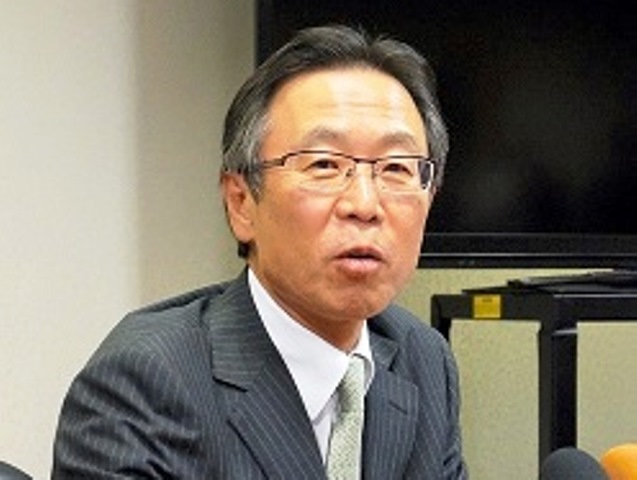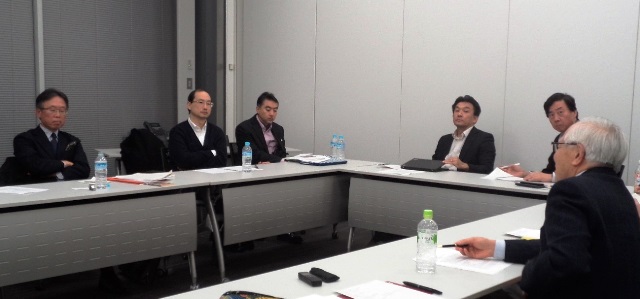Former Japanese Ambassador to the United Nations Motohide Yoshikawa identified three challenges for Japan at the UN: peacekeeping operations, Security Council reform and North Korean nuclear development.

Ambassador Yoshikawa introduced himself that he had been working with the Ministry of Foreign Affairs for 43 years including 10 years in the field of the UN affairs. He started his speech by stating that the biggest challenge of the UN in 2017 may be President-elect Trump because of his skeptical statements concerning multilateralism.
Ambassador Yoshikawa, then, talked about three challenges of Japan, based on his experience: namely, (1) peacekeeping operations, (2) reform of the Security Council, and (3) nuclear development by North Korea. Regarding Japan’s involvement in the UN PKO, he explained changes of Japan’s policy since 1990s and questioned if Japan could continue maintaining the 5 principles under the current conflict situation. In this connection, Ambassador Yoshikawa also mentioned an episode regarding Ambassador Koto Matsudaira, who stated in 1961 that Japan should participate in the UN Military Observers and later he was obliged to withdraw his statement. Regarding the nuclear issues of North Korea, Ambassador Yoshikawa explained its background since 1994 when North Korea withdrew from IAEA. He mentioned that Japan at that time did not have a legal framework for economic sanction against North Korea. He also explained the current situation of the Security Council reform.
In conclusion, he stated that the above-mentioned three issues have remained major challenges for Japan for the last 20 years and the present situation was more complex, especially, the nuclear and missile development of North Korea is critical to Japan`s national security.
In response to questions from the participants, Ambassador Yoshikawa commented the following points as his personal views.
• Japan’s status in the UN is not declining. Japan has been elected to a non-permanent member of the Security Council 11 times since 1959, which is the highest number. Therefore, the status of Japan in the UN is not declining, despite the recent decrease of Japan’s assessed contribution.
• Japan should contribute to the international community by increasing ODA. When the MDG was agreed, Japan’s ODA was the largest in the world, but when the SDG was agreed, Japan’s ODA was declined to the 4th in the world. There is no constitutional constraint to increase ODA.
• Regarding reform of the Security Council, India and African countries believe that time is on their side, and they want to be permanent members with veto. One of the options may be a long-term (10-20 years) member of the Security Council.
• Russia seems to consider that its status as the permanent member of the Security Council is crucial for its national interest and has been using the UN most among the P5 countries. The USA has been the largest contributor to the UN but historically, used it less than Russia, although current Obama administration has been using the UN very much. China has been relatively quiet at the UN for many years, but President Xi Jinping changed the attitude. This change is observed by the facts that FM Wang Yi chaired the Security Council meeting first time as Foreign Minister. China has also aimed at getting top posts of various UN agencies/department such as WHO, ITU, UNIDO, ICA and DESA. Number of Chinese USG is now five. Number of Chinese troops to PKO is almost 3000, which is the largest among P5. Amount of the assessed contribution to the UN will soon overtake Japan and becomes the second largest financial contributor.
• Protection of civilians (POC) is the largest challenge for the UN peacekeepers. We must rely on African troops, who need training and appropriate equipment.

